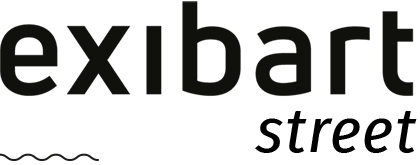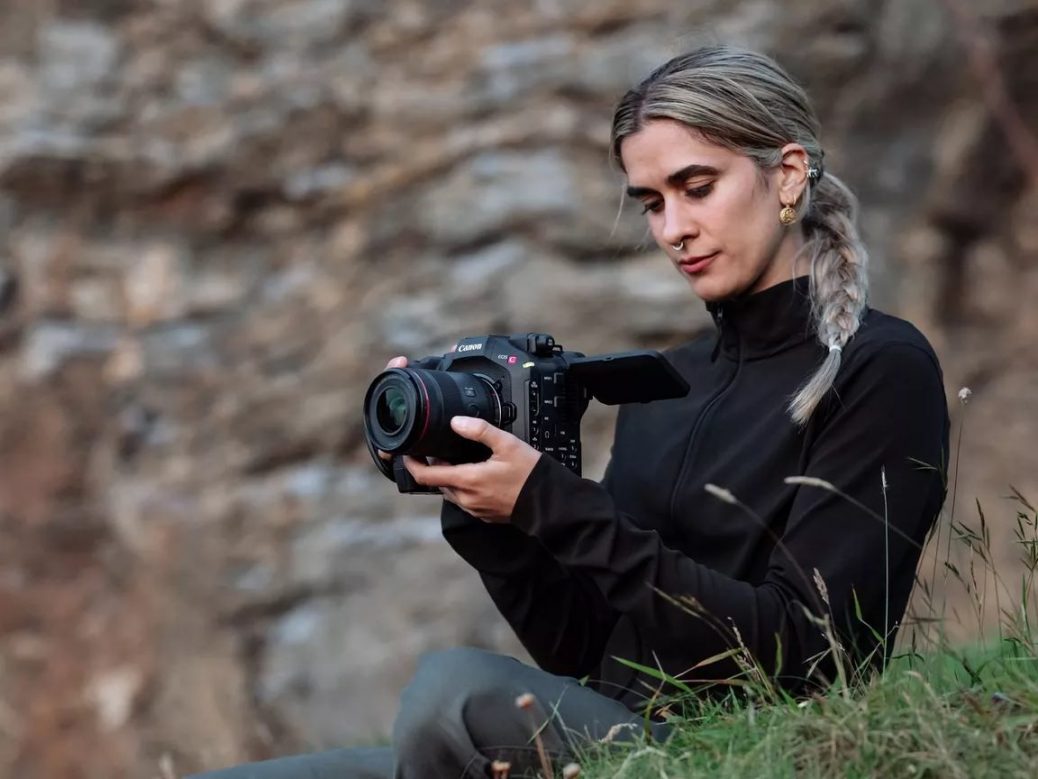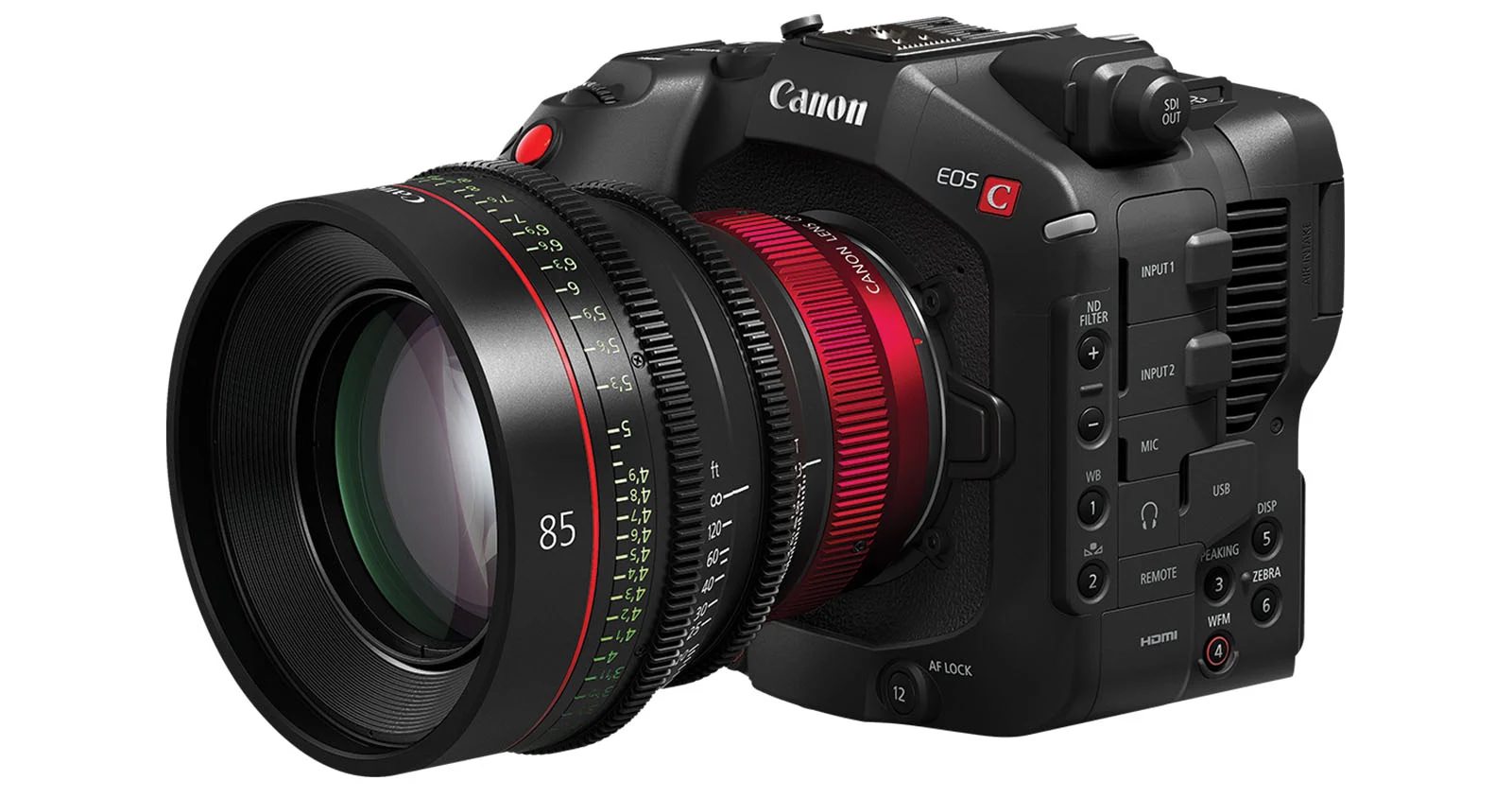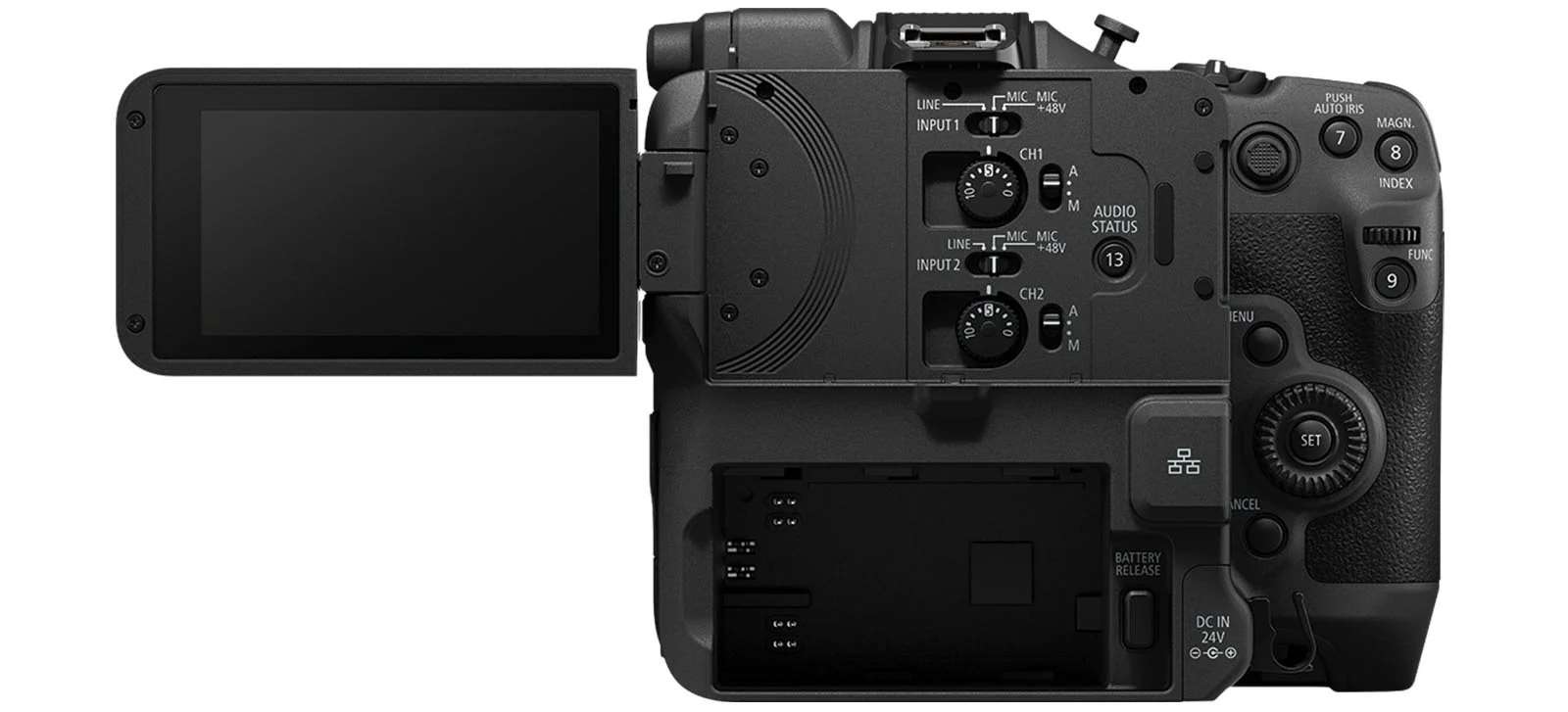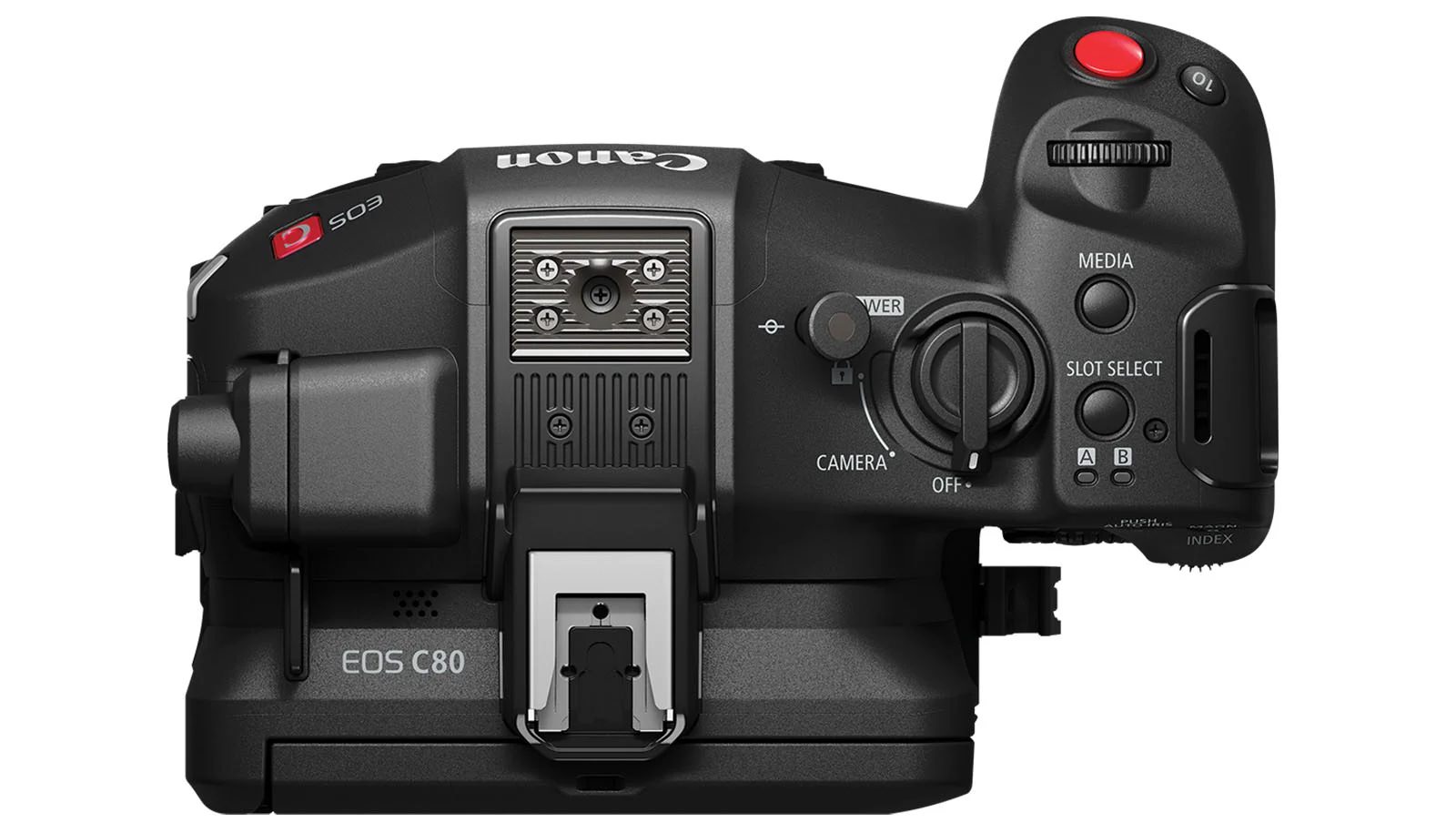Canon Introduces the EOS C80 Full-Frame 6K Cinema Camera
Canon released the EOS C80, an RF-mount full-frame movie camera that builds on many of the technologies introduced in the EOS C400, which was launched in June. The EOS C80 features a 6K full-frame, back-illuminated stacked CMOS picture sensor with triple-base ISO settings of 800, 3,200, and 12,800. The C80’s 26.7-megapixel full-frame sensor is not as fast as a global shutter sensor, but still rapid.
The C80 also includes Canon’s latest Dual Pixel CMOS AF autofocus system, Dual Pixel AF II. Sensor and focusing technology advances allow the C80 to focus on objects over almost the entire image sensor. The C80 also has additional subject-tracking modes, including animal-tracking autofocus.
The C80 has a 12G-SDI output for uncompressed video transfer over a secure cable. Other professional-oriented connectors on the C80 include a full-size HDMI output, two mini-XLR audio inputs, time code, Wi-Fi and Ethernet connectivity, and more.
The camera also has a redesigned lightweight handle assembly, a multi-function shoe, and a relatively small design. At 1,310 grams, the C80 is slightly larger and heavier than its predecessor. Canon maintains that the C80 is still acceptable for use with a gimbal or drone. The camera has a brighter 3.5-inch LCD (2.76 million dots), a joystick controller, and over a dozen programmable function buttons.
The EOS C80 can record up to 6K/30p video in Cinema RAW Light. It can also shoot oversampled 4K footage at up to 120p with complete autofocus; autofocus at 120p will be available for the EOS C400 via a free firmware upgrade on October 1st. The C80 captures 10-bit 4:2:2 4K footage oversampled from 6K using the company’s standard XF-AVC codec. The C80 also supports the C400’s XF-AVC S and XF-HEVC S codecs.
Furthermore, the C80 features interval and timelapse recording enhanced digital picture stabilization, and much longer recording times thanks to a new BP-A60N battery pack.
Like the EOS C400, the EOS C80 supports Canon’s EOS VR system lenses and software, which includes 180-degree recording. The camera also interacts with Canon’s Virtual Production System when utilizing compatible lenses.
The Canon EOS C80 will be available in November for a suggested retail price of $5,499.
